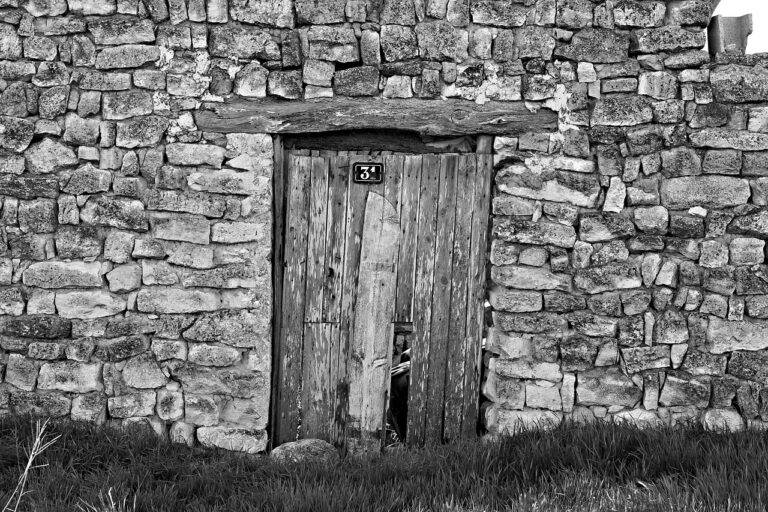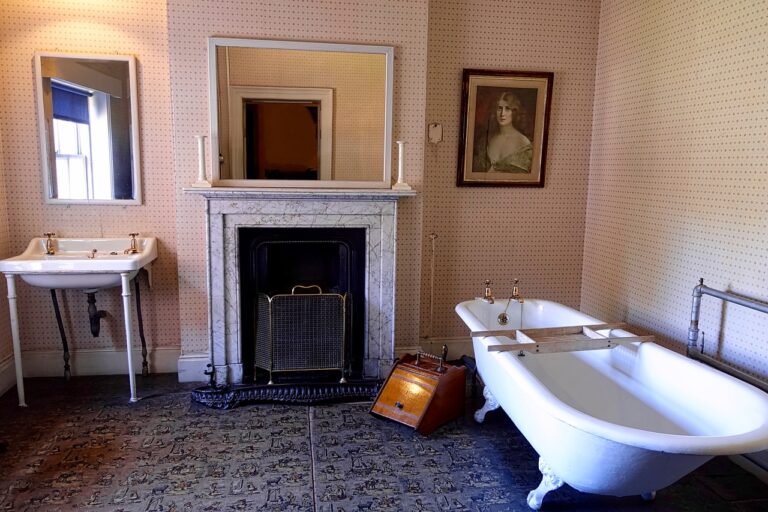The Role of Property Managers in Home Improvement Decision-Making
An essential skill for property managers is the ability to accurately identify maintenance needs within a property. This involves conducting regular inspections to assess the condition of various components such as plumbing, electrical systems, roofing, and structural integrity. By closely monitoring these key areas, property managers can proactively address any issues before they escalate into costly repairs.
In addition to physical inspections, property managers also rely on feedback from tenants to identify maintenance needs. Addressing tenant concerns in a timely manner not only ensures tenant satisfaction but also helps prevent minor issues from developing into major problems. By combining both proactive inspections and responsive tenant communication, property managers can effectively identify and address maintenance needs to maintain the overall quality of the property.
Collaboration with Homeowners to Develop Improvement Plans
When collaborating with homeowners to develop improvement plans, property managers play a crucial role in understanding the unique visions and needs of each homeowner. Through open communication and active listening, property managers can gain valuable insights into the desired outcomes of the home improvement projects. By fostering a collaborative environment, property managers can effectively align homeowner preferences with practical solutions, ensuring that the improvement plans meet both aesthetic and functional requirements.
Homeowners benefit from the expertise of property managers in translating their ideas into actionable improvement plans. Property managers bring their knowledge of current trends, building codes, and best practices to the table, helping homeowners make informed decisions about design choices and materials. By working closely with homeowners throughout the planning process, property managers can ensure that the improvement plans align with homeowners’ expectations and budget constraints, ultimately leading to successful and satisfying home renovation projects.
Budgeting and Cost Estimation for Home Improvement Projects
When it comes to budgeting for home improvement projects, property managers play a crucial role in providing accurate cost estimations. By utilizing their expertise and industry knowledge, they can analyze the scope of the project, evaluate the materials needed, and determine the labor costs involved. This meticulous approach ensures that homeowners have a clear understanding of the financial aspects of their improvement plans and can make informed decisions.
Furthermore, property managers work closely with contractors and suppliers to obtain competitive pricing for materials and services. Through effective negotiation and sourcing strategies, they can help homeowners secure the best deals without compromising on the quality of work. By staying up-to-date on market trends and cost fluctuations, property managers can provide reliable cost estimations that align with the budgetary requirements of home improvement projects.
How can property managers help identify maintenance needs for home improvement projects?
Property managers have expertise in identifying maintenance needs through regular inspections, maintenance logs, and tenant feedback.
Why is collaboration with homeowners important in developing improvement plans?
Collaboration with homeowners is important to ensure that their needs and preferences are taken into consideration, leading to successful and satisfactory home improvement projects.
How can budgeting and cost estimation be done for home improvement projects?
Budgeting and cost estimation for home improvement projects can be done by researching material and labor costs, obtaining quotes from contractors, and creating a detailed budget plan.







